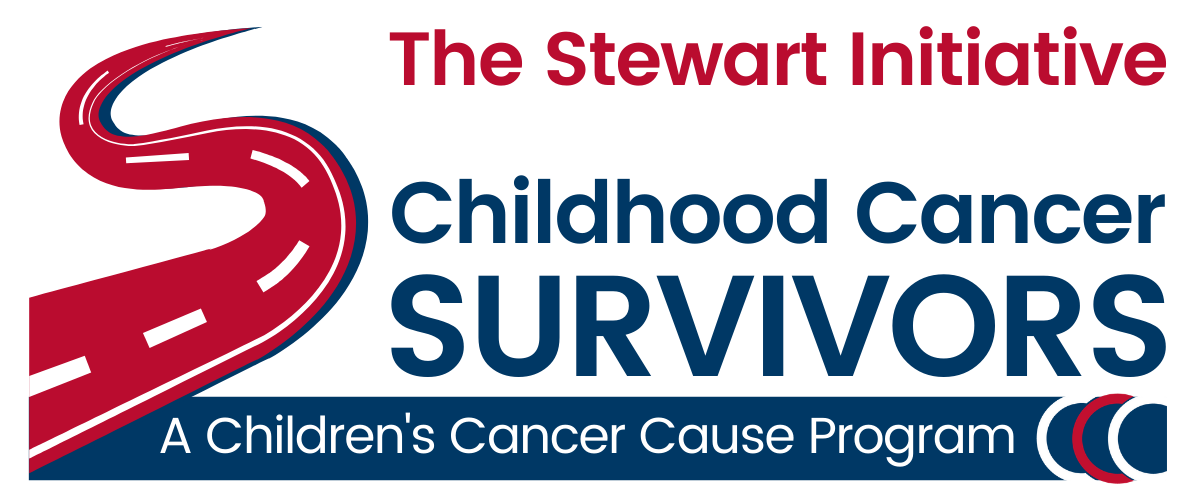Finances are one of the biggest stressors for childhood cancer survivors in adulthood.
Survivors of adolescent and young adult cancers face greater financial hardship in adulthood than adults without a cancer history, according to a study published in The Journal of the National Cancer Institute.
That 2021 study identified some of the specific financial burdens for AYA survivors, including problems and worries about paying medical bills. Researchers found that survivors of AYA cancers are more likely than adults without a cancer history to delay or forgo care and/or prescription medications due to cost.
“The financial health of AYA survivors may never recover after cancer diagnosis without appropriate clinical and policy intervention,” wrote the authors in a companion article proposing directions for future research.
“Employment disruption and employment discrimination are key areas for AYAs. Another area for future research is how best to identify and address financial anxiety. Financial hardship remains a huge burden for AYAs, and clinicians and researchers should prioritize addressing these outcomes.”
This adds to a growing body of research around the significant financial burden of a cancer diagnosis, an issue Children’s Cancer Cause has been focused on for many years. In a survey we conducted in partnership with the Patient Advocate Foundation in 2017-2018, we found:
One in four childhood cancer survivors reported that the cost of their cancer-related care impacted their ability to attend their college or university of choice.
The financial burden facing survivors can be long-term: 30 percent of the survivors we surveyed reported that the cost of their care impacted their career course or job choice.
In 2023, a young adult survivor of childhood leukemia shared in our Annual Survivor Survivor that they feel anxiety about whether they’ll ever be physically or financially strong enough to move out of their parents’ house and frustration about feeling behind in life: “Cancer took away important years where I would have finished school and started working at a full-time job. Right now I’m still finishing school and am staring my educational debt in the face with no money coming in. Finances look really bleak to me.”
The National Cancer Institute shares these tips about managing cancer costs:
Become well-informed about the cost of care, including drugs, travel, childcare, and other expenses. Clinical trial costs can be especially complex.
Learn about payment options for medical bills - including reduced rates and local charity support - by talking with the billing office or hospital financial counselor. Hospital social workers may also have good options to suggest.
Talk openly with your medical team if cost is a barrier to care so you can make informed decisions together about treatments and medications. Pain medicine is an area where there are likely generic brands or discount drug programs that can help you save considerably.
Help prevent expensive emergencies by following guidelines on survivorship care and adhering to your prescription medication schedule and doses.

